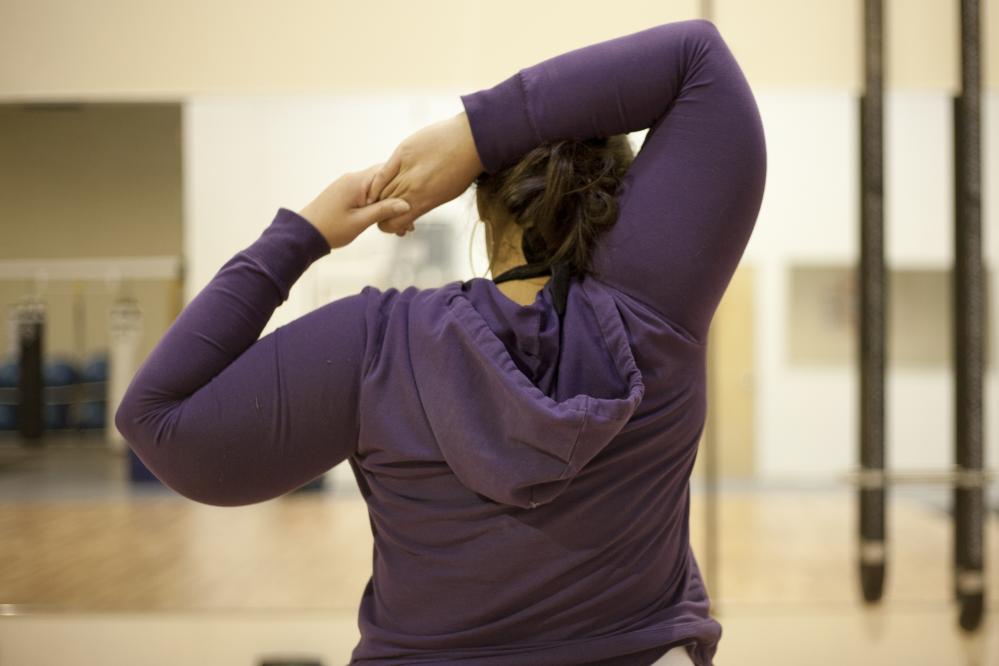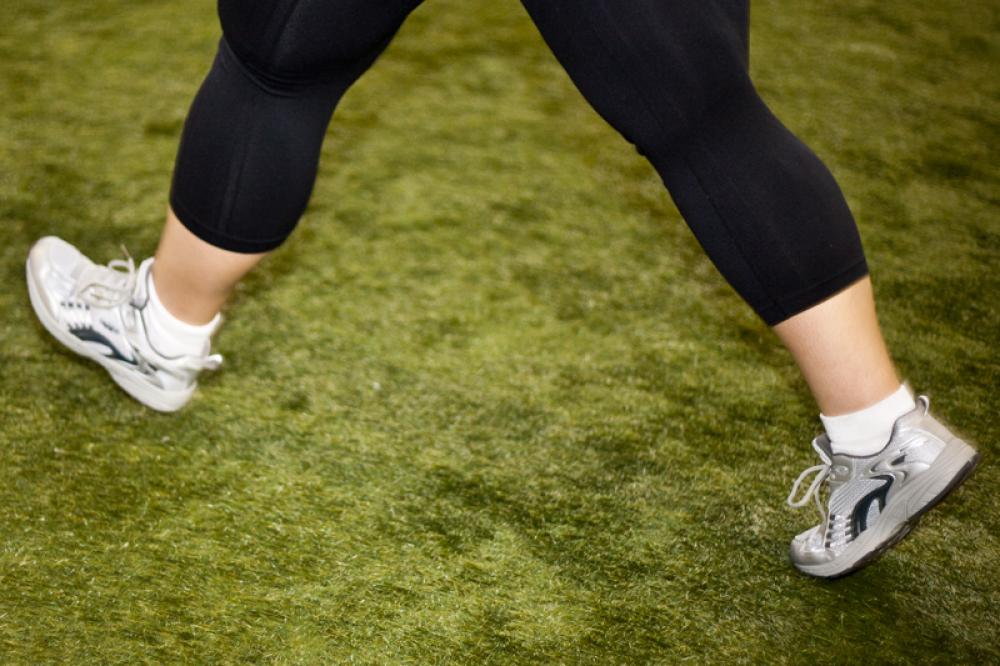Exercise and Why Sometimes it’s OK to Skip Your Workout
Sometimes it is perfectly acceptable to skip your workout. If you are dedicated to health and fitness, you may find making up an excuse to miss your workout lame. Yes, you read that correctly. When it comes down to it, for your health and safety, there are times when you are better off skipping your workout. Your body will thank you for it in the long-run.
Listen to your body and its messages
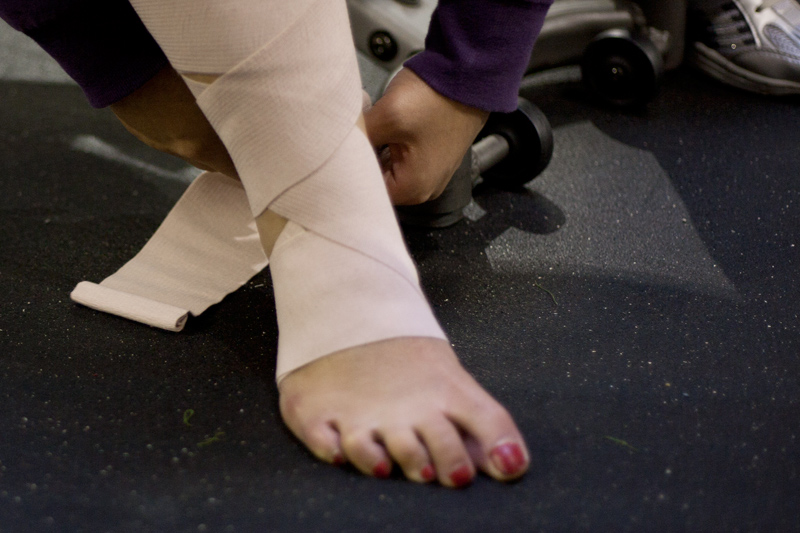
If you are sick, it is often best to skip your workout. Deciding on whether or not you should work out largely depends on where you are experiencing your symptoms. If your symptoms are very minor and above your neck, you may still exercise and may even feel better after you exercise. These symptoms include coughing, sneezing and sniffles. If you experience symptoms below the neck (such as stomach pain, hacking cough, fever, congestion and muscle aches or pains), you are better off resuming your exercise session when you are feeling better.
With an injury, you may need to take a break from exercising. Although the severity of your injury will largely determine whether or not you should exercise. The key is to listen to your body. If something does not feel right, stop and rest. If you experience pain the last more than a few days, visit with your doctor. You should also visit with your doctor or an emergency department if you cannot walk on an injury, are in extreme pain or have an opened wound. Let your doctor decide when, if, and how much you should exercise with an injury.
Sometimes you just need a break. While no one is condoning skipping your workout frequently, sometimes it is best to just relax. A day of relaxation can help you muscles repair from a hard workout the day before. A day of relaxation can also be beneficial for your mental health. Sometimes you need to just sit back and relax. Watching a move or catching up with friends is important to your overall well-being sometimes.
Why Am I Always So Sore: Delayed Onset Muscle Soreness
Starting a new workout program can be a challenge in itself. Making time, getting starting, finding a balance, learning new exercises and setting goals can be difficult. Add muscle soreness that often comes along with a new exercise regime and chances are you are not going to jump out of bed and dart to the gym. After all, you may find it difficult to get your arms over your head to even put your shirt on in the morning. Understanding delayed onset muscle soreness may just be your best bet in keeping your post-workout aches and pains to a minimum.
Respect your joints and muscles
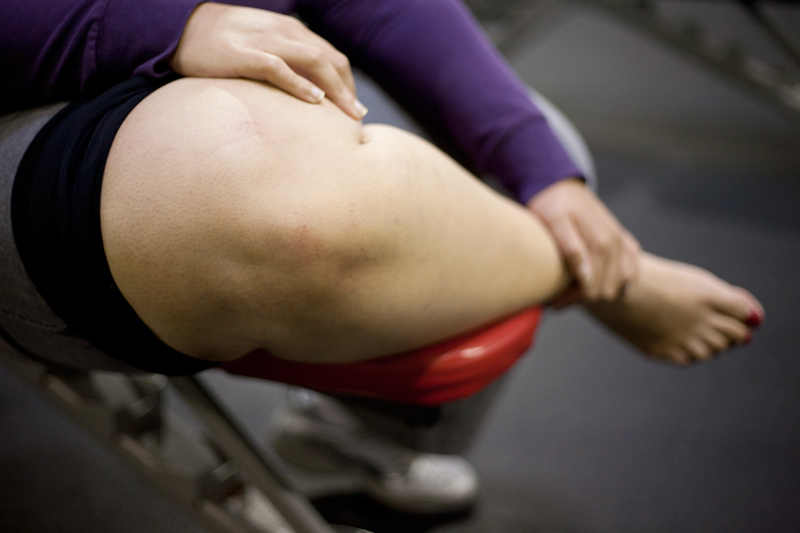
Delayed onset muscle soreness (DOMS) is a phenomenon of muscles pain, soreness and stiffness that often strikes within 24 to 48 hours following your workout. This soreness is most common to individuals who begin a new exercise program and those who have been leading a relatively sedentary lifestyle for a while. While DOMS may alarm or frighten those new to the workout scene, soreness is a normal and natural response to exertion. While you may be sore now and regretting those extra repetitions you decided to go for yesterday, DOMS will lead to increased strength and stamina as your muscles recover from soreness and build hypertrophy.
Exercise physiologists indicate that DOMS is the result of microscopic tearing of your muscle fibers. The extent of muscle tearing largely depends on the duration and intensity of your workout. Have your tried a new workout lately? DOMS may just be the result of your body moving in a way it is not used to moving in.
While many say that prevention is the best form of medicine, there is no known way that is 100 percent effective in preventing DOMS. How you prevent and treat muscle soreness may be based largely on your own personal preferences. Can we make one suggestion? Try a foam roller immediately following exercise. A foam roller can help ease knots and muscle tension. Spend a few minutes with your foam roller after exercising and you may not find it so difficult to get out of bed in the morning.
Alternate your workouts
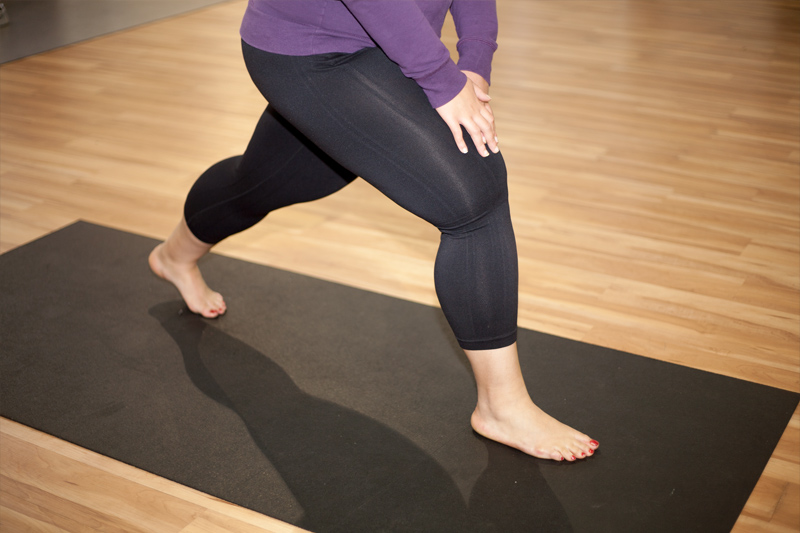
If you engage in a new workout or a more intense workout, you may find yourself sore. It’s almost a fact of life—intense exercise leads to soreness. Some suggestions to help you deal with this small problem include:
- Simply rest. If you can sit still long enough (we know you are aching to get back out there), the pain will subside within a few days to a week.
- Engage in low-impact exercise. If you are not one to sit around and wait for the pain do go away. Try alternating your workout regime instead of pushing through the pain. Try swimming, walking, riding a stationary bike or using an elliptical machine.
- Take a non-steroidal over-the-counter anti-inflammatory medication. If you find yourself taking these medicines regularly, please speak to your doctor. These medications can sometimes increase the chance of developing an ulcer after a bariatric surgery operation.
- Take this opportunity to get a sports massage. If you’ve always wanted to try out a massage, take advantage of your muscle soreness and try one out.
- Use the R.I.C.E. method much like if you had an injury (Rest, Ice, Compression and Elevation).
- Listen to your body. If something hurts, do not do it.
- Try a yoga class. Research does indicate that the stretching movements of yoga can help prevent injury and muscle soreness.
Warnings
As a general rule of thumb, always listen to your body. Never overdo your workout or push through the pain. This can lead to overuse injuries. If something does not feel right stop. If pain persists after a few days or rest and home care, it is time to see your physician.
In order to get better, back to your exercise program and to avoid chronic pain, it is important that you follow your physician’s instructions. Do not resume exercise until cleared by a physician. In some cases, depending on your injury, your doctor may allow you to participate in a modified or low-impact exercise program.



